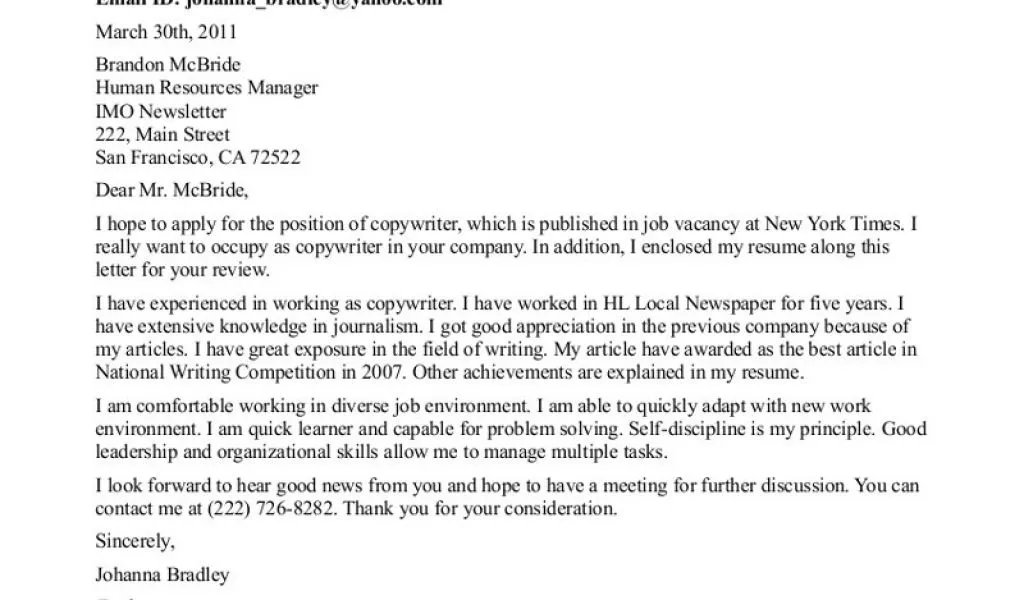Understanding the Internship Cover Letter
A cover letter is your introduction to a potential employer, and it’s especially important when you have no prior internship experience. It’s your opportunity to showcase your personality, skills, and enthusiasm. While a resume provides a snapshot of your qualifications, the cover letter allows you to tell a story, explaining why you’re a great fit for the internship and what you can bring to the table. This is where you can bridge the gap of a lack of experience by highlighting other relevant experiences like projects, coursework, and volunteer work, demonstrating your initiative and willingness to learn.
Why a Cover Letter Matters for No-Experience Interns
For those with limited or no internship experience, a cover letter is not just recommended; it’s crucial. It’s your primary means of convincing the hiring manager that you’re a worthy candidate. It’s your chance to explain why you’re interested in the specific internship and company, and how your skills and passions align with their mission. It provides context to your resume, allowing you to explain any gaps in your experience and demonstrate your motivation to grow and contribute. A well-crafted cover letter shows that you are serious about the opportunity and have taken the time to learn about the role and company.
Focus on Your Skills

Since you may lack direct internship experience, shift the focus to your skills. Identify your key strengths – communication, problem-solving, teamwork, time management, or any technical skills you possess. Provide concrete examples from your coursework, projects, extracurricular activities, or volunteer work where you utilized these skills. Frame your skills in a way that directly relates to the internship requirements. For instance, if the internship involves data analysis, highlight any relevant skills learned through coursework, even if it wasn’t in a professional setting. Employers often seek individuals with a strong foundation of skills, even without prior professional experience.
Highlight Transferable Skills
Transferable skills are those that are applicable across different roles and industries. These skills, like communication, organization, and leadership, are invaluable in any work environment. Provide examples of how you have utilized these skills in different settings. For example, if you coordinated a club event, describe how you managed logistics, communicated with members, and resolved any issues. By highlighting these skills, you show your adaptability and potential, demonstrating that you can quickly learn and contribute to the team. Employers will often prioritize candidates who possess a strong set of transferable skills.
Showcase Relevant Coursework
Your coursework is a valuable asset when applying for internships with no experience. Identify courses that are relevant to the internship and highlight any projects or assignments that demonstrate your skills. Explain how these projects prepared you for the role. For example, if you’re applying for a marketing internship, mention a marketing plan you developed for a class, the strategies you employed, and the results you achieved. This demonstrates your practical application of knowledge and shows that you are already familiar with the concepts and tools used in the industry. Be specific about what you learned and how you plan to apply that knowledge.
Emphasize Your Enthusiasm
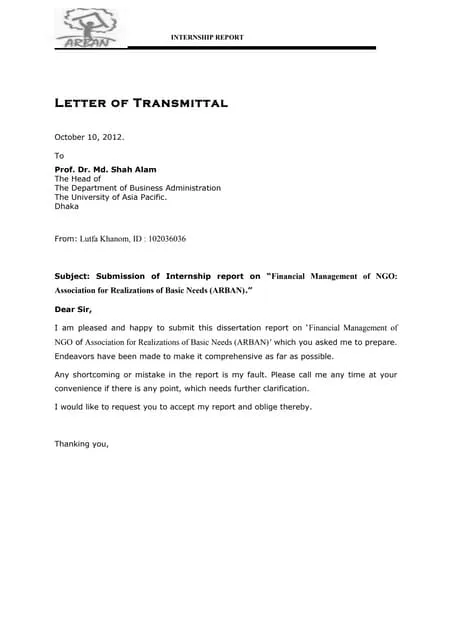
Your cover letter is your opportunity to showcase your passion for the internship and the company. Let your enthusiasm shine through. Explain why you are excited about the opportunity and what you hope to gain from it. Research the company and the role, and mention specific aspects that appeal to you. Demonstrate that you’ve given the application serious thought and that you are genuinely interested in the work. Expressing genuine enthusiasm can make a strong positive impression on the hiring manager, especially when you have limited experience. This shows that you are motivated and eager to learn.
Express Genuine Interest in the Company
Showing genuine interest in the company involves more than just saying you like what they do. Research the company’s mission, values, recent projects, and news. Mention specific initiatives or products that resonate with you, and explain how you see yourself contributing to the company’s goals. Connect your skills and interests to the company’s work. This demonstrates that you’ve taken the time to understand the company and that you are truly interested in working there. By expressing genuine interest, you’re more likely to stand out from other candidates.
Demonstrate Initiative and Proactiveness
Demonstrating initiative and proactiveness can set you apart. Provide examples of times when you took the lead on a project, solved a problem independently, or went above and beyond what was expected of you. Even small initiatives can make a big difference. For instance, if you volunteered to help with a project or took an online course to improve your skills, highlight these actions. These examples show that you are a self-starter who is willing to take on challenges and learn new things. Emphasize your eagerness to contribute and learn.
Tailor Your Letter to the Internship
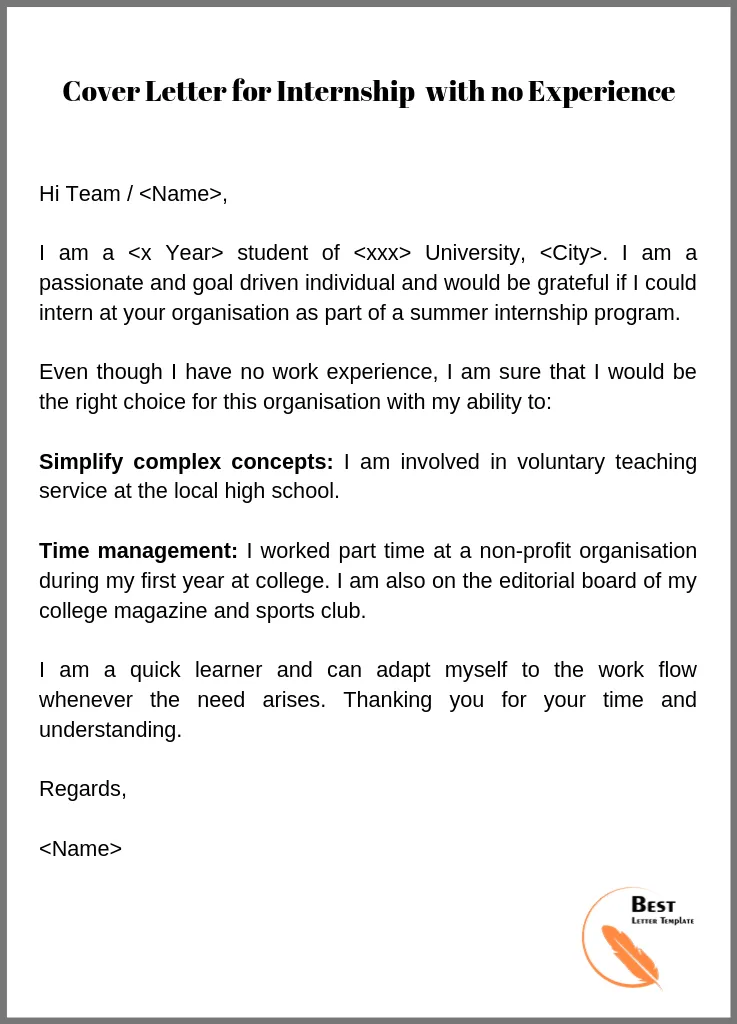
A generic cover letter won’t cut it. Tailor your letter specifically to each internship you apply for. Carefully review the job description and identify the key requirements and qualifications. Then, customize your letter to address these specific points. Highlight the skills and experiences that are most relevant to the internship role. This demonstrates that you’ve taken the time to understand the position and that you’re a good fit. Addressing the specific requirements in the job description shows the hiring manager that you understand their needs.
Research the Company and the Role
Before writing your cover letter, conduct thorough research. Understand the company’s mission, values, and recent activities. Visit their website, read news articles, and check their social media presence. Also, analyze the job description to understand the specific requirements of the role. Use your research to demonstrate your interest in the company and explain how your skills and experiences align with the role’s responsibilities. This shows the hiring manager that you are informed and serious about the opportunity. Showing you’ve done your homework demonstrates your genuine interest.
Quantify Your Achievements
Whenever possible, quantify your achievements. Use numbers and data to demonstrate your impact. Instead of saying, “I improved customer service,” say, “I improved customer satisfaction scores by 15%.” Instead of stating “Managed social media,” mention how many followers you gained or the increase in engagement rate. Quantitative data provides concrete evidence of your skills and accomplishments. It helps the hiring manager understand the value you can bring to the company and provides more concrete evidence. Providing measurable results strengthens your application.
Provide Specific Examples
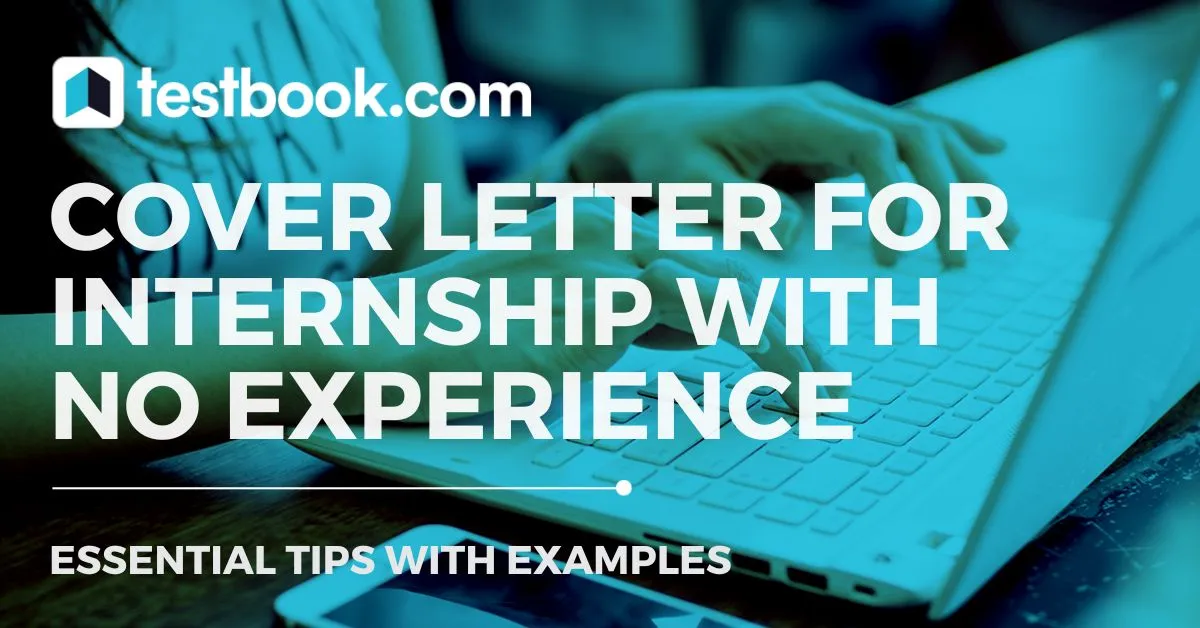
Instead of making general statements about your skills, provide specific examples that illustrate your abilities. For example, instead of saying, “I am a good communicator,” describe a time you presented a project to a large audience or mediated a conflict. This is where the STAR method (Situation, Task, Action, Result) can be very helpful. Explain the situation, the task you were assigned, the actions you took, and the results you achieved. Specific examples provide context and credibility to your claims and help the hiring manager better understand your skills and experiences. Providing specific examples makes your claims more believable.
Proofread and Polish Your Letter
A cover letter filled with errors will immediately reflect poorly on your attention to detail and professionalism. Proofread your letter carefully to catch any grammatical errors, spelling mistakes, or typos. Ensure the formatting is consistent and professional. Also, make sure the tone of the letter is appropriate for the industry and the specific role. Taking the time to proofread and polish your cover letter shows that you care about making a good impression and that you pay attention to detail. A polished letter demonstrates your professionalism.
Check for Grammar and Spelling Errors
Always check for grammar and spelling errors. Use a grammar checker to identify potential issues. Read your letter aloud to catch any awkward phrasing or mistakes. Ensure that your sentences are clear, concise, and easy to understand. Even minor errors can undermine your credibility and make a negative impression. Thorough proofreading ensures your message is clear and professional. It is a crucial step for any job application.
Seek Feedback from Others
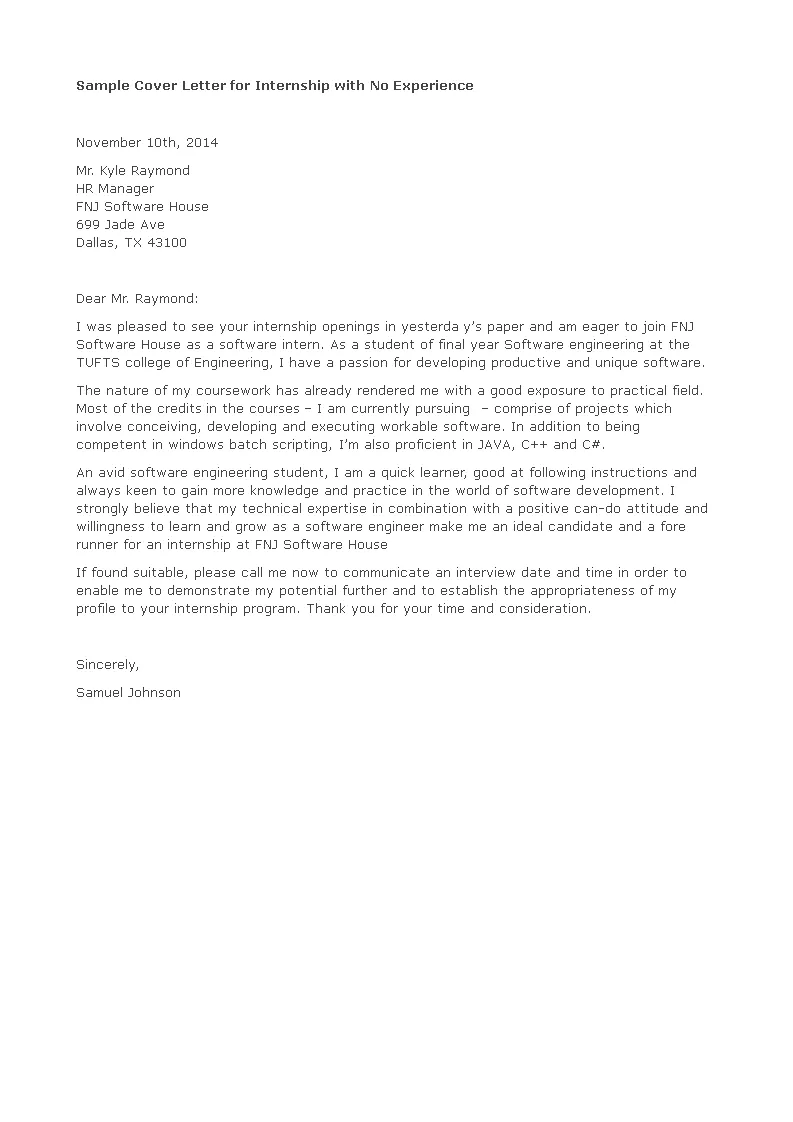
Ask a trusted friend, professor, career counselor, or family member to review your cover letter. They can provide valuable feedback on your writing style, content, and overall impression. A fresh pair of eyes can catch errors that you might have missed. They can also assess if your letter effectively communicates your skills and qualifications. Take their feedback constructively and revise your letter accordingly. Getting feedback improves the quality of your cover letter.
The Importance of Formatting
Professional formatting is critical. Use a standard font, such as Times New Roman, Arial, or Calibri. Ensure that your letter is easy to read with clear margins, spacing, and alignment. Avoid using distracting fonts or excessive colors. The layout should be clean and organized, making it easy for the hiring manager to quickly scan your letter. Proper formatting presents a professional image.
Use a Professional Tone
Maintain a professional tone throughout your cover letter. Avoid using slang, informal language, or overly casual expressions. Your writing should be clear, concise, and respectful. Address the hiring manager by name if possible. Avoid sounding overly enthusiastic or desperate. Focus on showcasing your qualifications and demonstrating your interest in the opportunity. Project a professional image.
Keep it Concise and Focused
Keep your cover letter concise and focused. Aim for one page, if possible. Avoid rambling or including unnecessary information. The hiring manager likely has many applications to review, so they need to quickly grasp your key qualifications and reasons for applying. Be direct and get to the point. Focus on the most relevant information and highlight what makes you a strong candidate. Conciseness makes your application easier to review.
